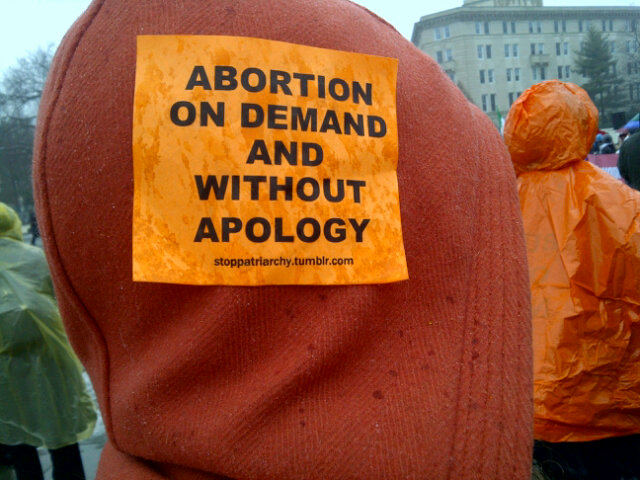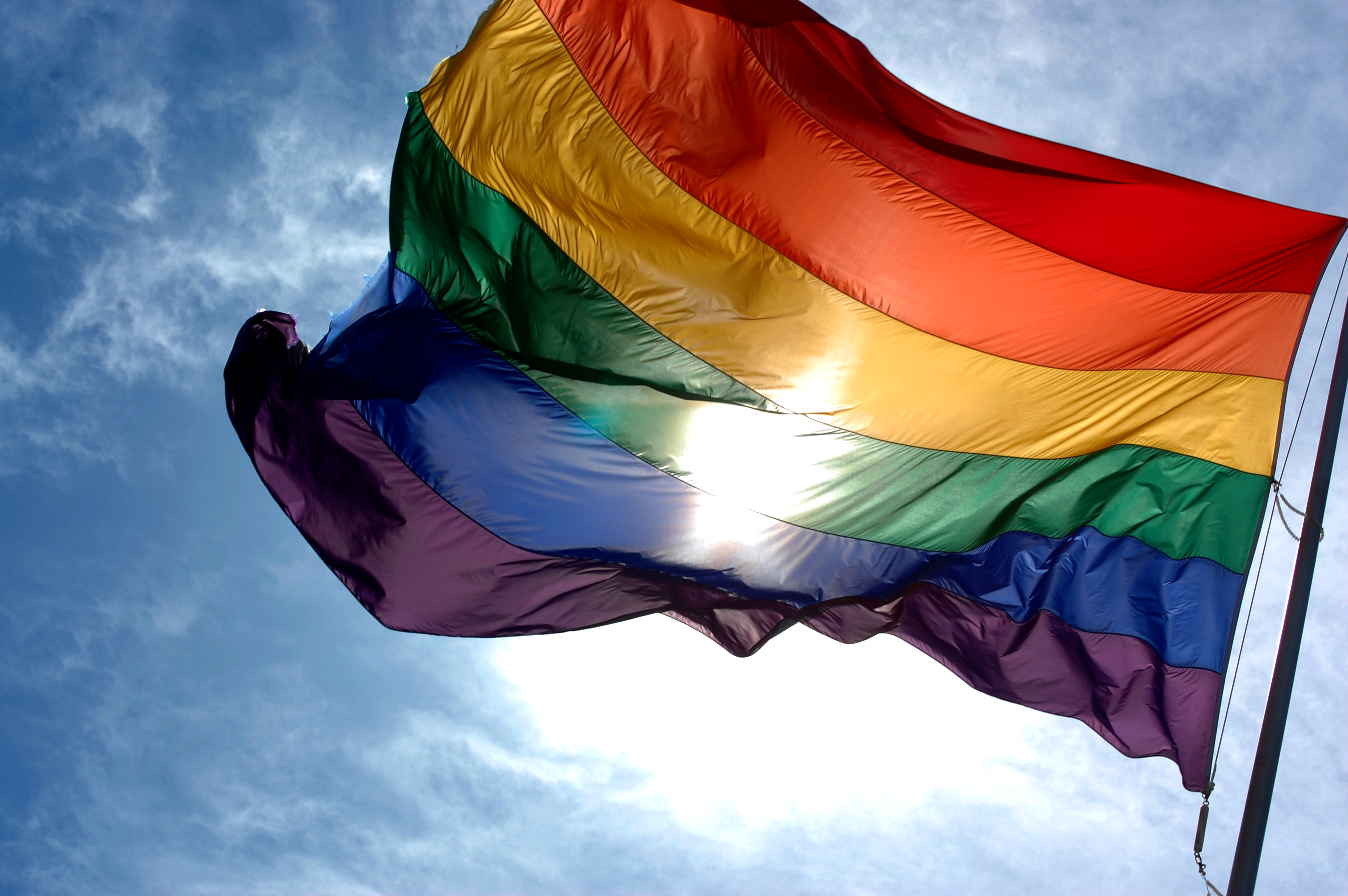Rights Not Rules: An Ethical Shift to Our Discussion of Violence on Black Bodies

Image: Illustration by Sara Haas
The shock over the attack on the Spring Valley High School teen has died down, but the public discussion surrounding the incident continues its unsurprising discourse of victim blaming. Just like every other case where a black teen is harassed by a cop, or even murdered, the violence becomes the victim’s fault for their failure to follow orders or because of a sense of threat to the officer.
What disturbs me most about this incident is that it was not a street encounter, a traffic stop, or any other public setting where individuals are more likely to be confronted by officers. Here, we watched a female student in a classroom get ripped out of her seat for simply refusing an officer’s orders.
The focus of the conversations surrounding this instance was the student’s alleged use of her cellphone during class and her disobedience to the officer. One reporter on The View went so far as to dismiss this officer’s reputation on campus as “Officer Slam” by mentioning that he was recently recognized by administration as a “role model.”
The fact that the public was more outraged about her alleged use of a cell phone than the officer’s violent use of force is nothing short of disturbing. It is demonstrative of a society that respects rules more than it does black bodies. We are so devoted to a culture of passive obedience that we fail to see and understand blatant assault by an authority figure. We take the action of an authority as automatically warranted purely because of his or her status.
Why don’t we ever talk about the inherent right of black teen girls and women to not be assaulted? In the Texas pool party incident, a young black girl was treated with similar force. In this case, we see the same “she didn’t listen to the officers orders” rhetoric. We mistakenly believe that the authority police officers have automatically grants them rights to someone’s body. This is something that especially concerns me with the recent release of data and stories of women being sexually assaulted by police officers. Just last year, Officer Holtzclaw was charged with 36 charges of sexual assault and stalking of 13 Black women. The women said that they originally didn’t report their abuse because their accusations against the officer would not be believed.
Another important question we fail to address: Why is the presence of police officers so normalized in typically low income and predominantly black and brown schools? Why is a police officer responsible for a girl who is living in foster care? As a matter of fact, cops are not trained to deal with students, let alone how to counsel them through difficult times. Only 12 states mandate training for campus officers, and even then the training is deemed inconsistent.
But the broader and very important question that looms over every violent use of force by an officer: what counts as resistance and a call for force by an officer? Yes, by disobeying the officer’s orders, the student in the Spring Valley case caused a disruption in the classroom. However, by no means does nonviolent disruption or disobedience count as imminent threat to the officer. Simply saying “no” to an officer does not warrant his brutal use of force. So when we say things like “It’s wrong for him to do that that, but she shouldn’t disobey the officer’s orders” or “She was on her phone when she shouldn’t be,” we are wrongfully justifying and reinforcing the brutal attacks against young black teens.




